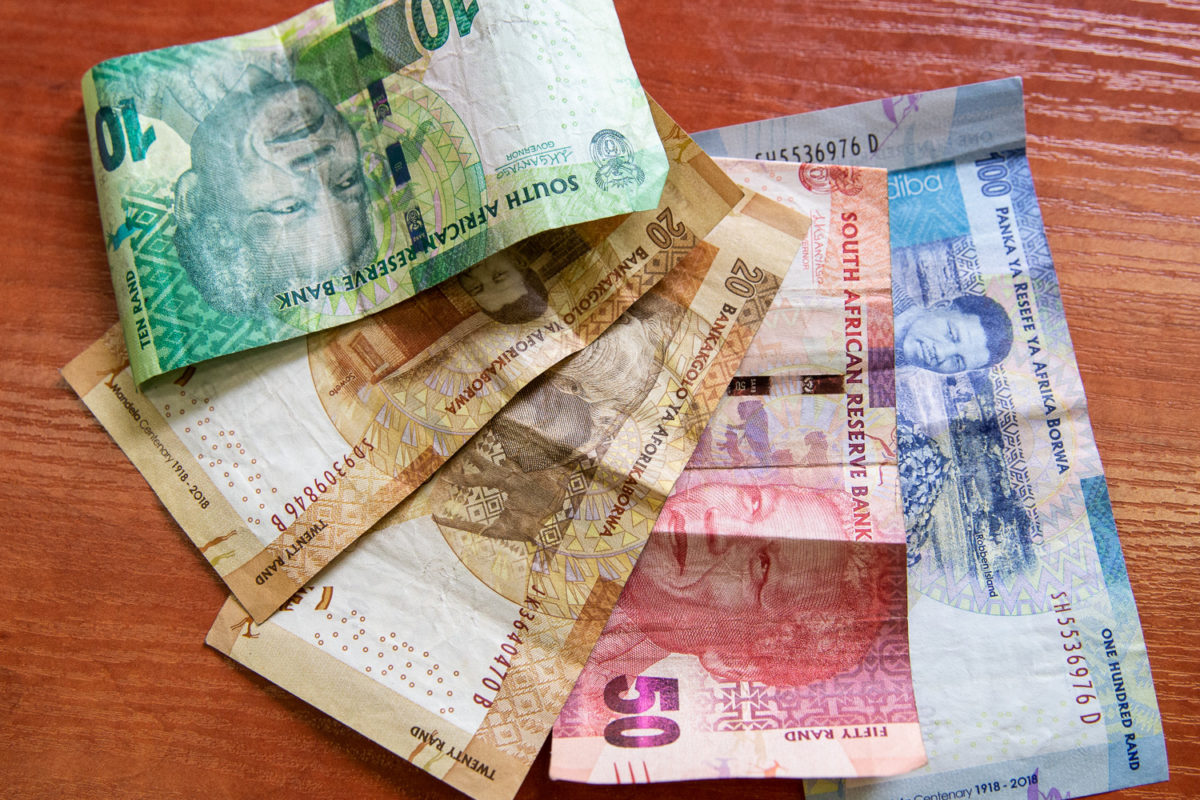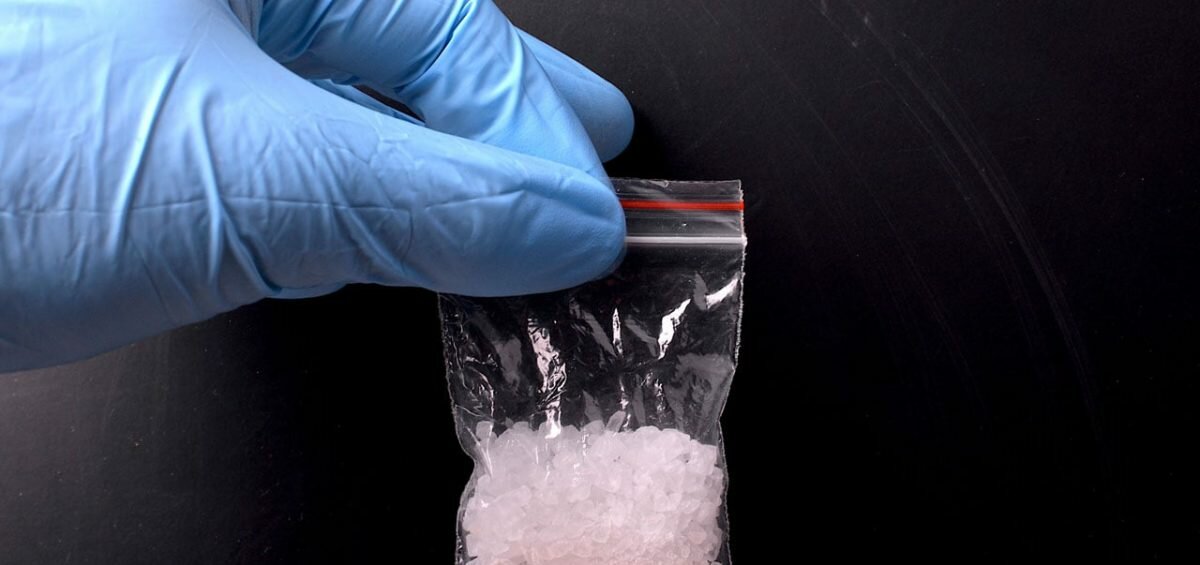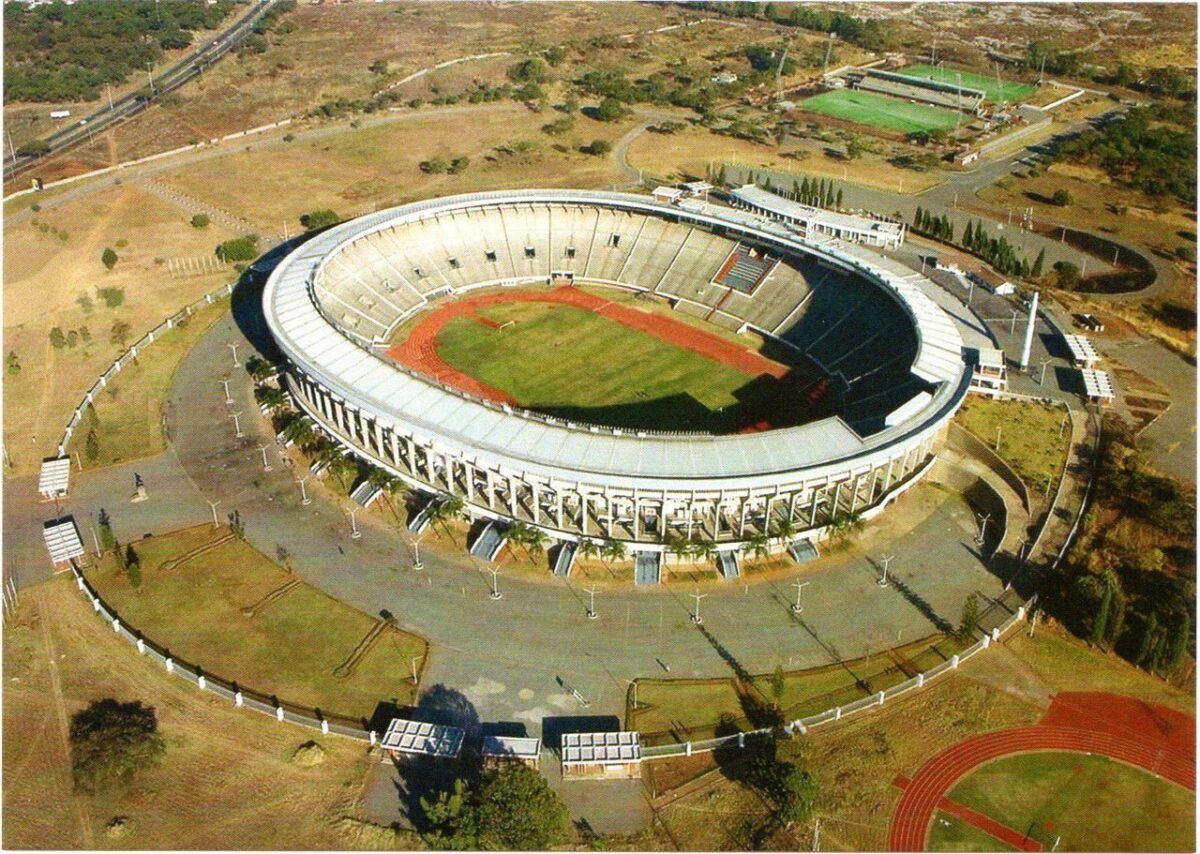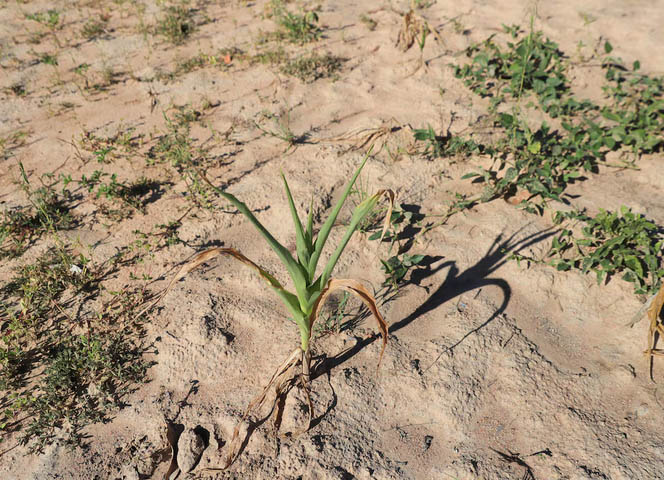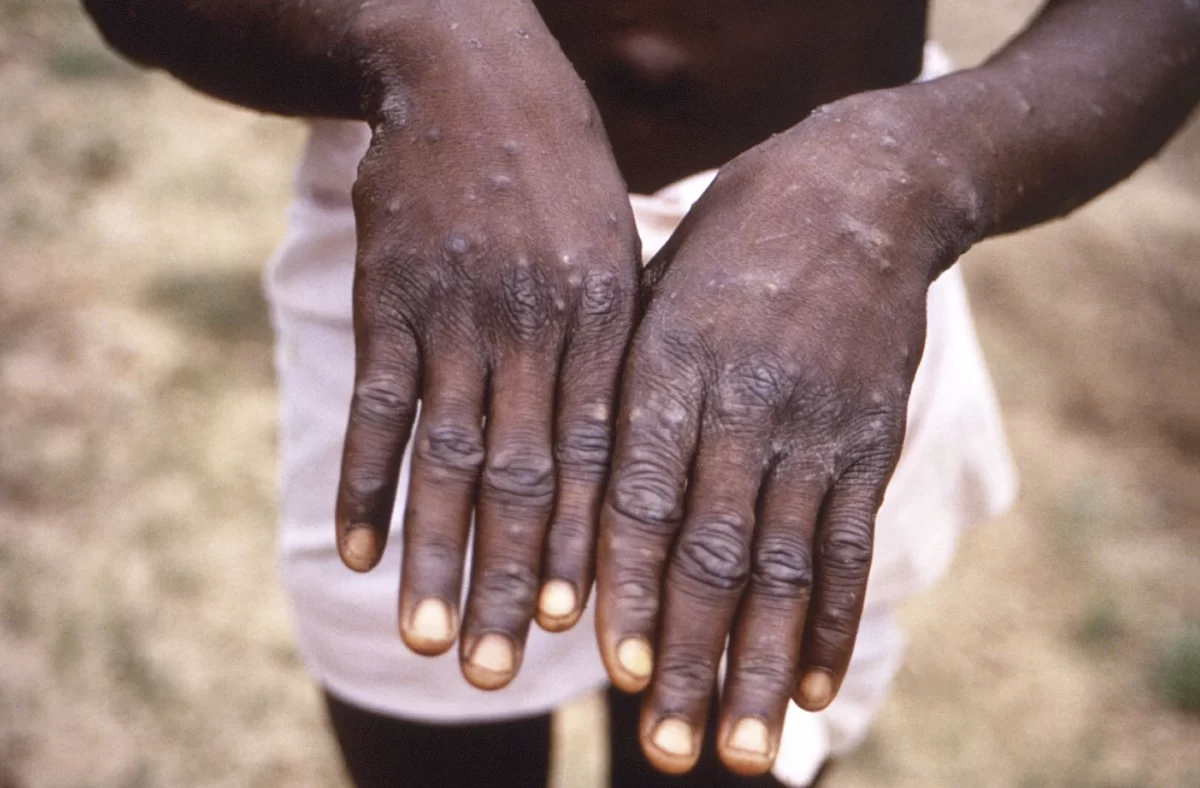JOHANNESBURG, South Africa – South Africa’s rand climbed to a two-week best on Wednesday as investors found more reasons to buy risk assets with a number of major economies readying to reopen their economies and hopes of a coronavirus treatment resurfacing.
At 1530 GMT the rand was 2.08 percent firmer at 18.2760 per dollar, its firmest since April 14, breaking through key technical levels as dollar bulls buckled after economic growth in the United States shrank sharply.
Analysts had anticipated a significantly weaker rand with the country’s government bonds set to formally fall out of the World Government Bond Index (WGBI) on Friday, after Moody’s last month became the last major ratings firms to revoke the country’s investment grade status.
Most of the selling, by active funds, seems to have already happened, while the big jump in yields on the country’s debt has lured investors looking for high returns – many of them local fund mangers with a keener understanding of local dynamics.
“Too much priced in for this WGBI exit likely before or on tomorrow? You betcha,” said chief trader at Standard Bank Warrick Butler.
About 160 billion rand of selling by foreign investors was expected due to the WGBI exit, but a chunk of that has already happened.
Since late 2017, when Fitch and S&P Global cut South Africa to “junk”, roughly 180 billion rand has flowed out local bonds.
The Johannesburg Stock Exchange (JSE) records year-to-date sales at near 68 billion rand. Locals have stepped into the breach, in addition to yield-seeking offshore investors, who in April have been net buyers of bonds.
“There’s a little more pressure on local managers to absorb local bonds, but implicit in that is a higher required return,” said fund manager at PSG Lyle Sankar.
“Looking back at the last two years foreigners have almost completely shunned our bonds, but that isn’t going happen into perpetuity.”
On the day the yield on the 2030 government bond was down 26 basis points to 10.52 percent, a near 300 basis point drop from it highs in mid-March.
The JSE All-Share index went up by 1.66 percet to end at 50,857 points. The rally was led by the country’s banks and mining companies with the banking index up 4.95 percent and the resources index, representing top 10 miners of the country, up 3.38 percent. – Reuters

